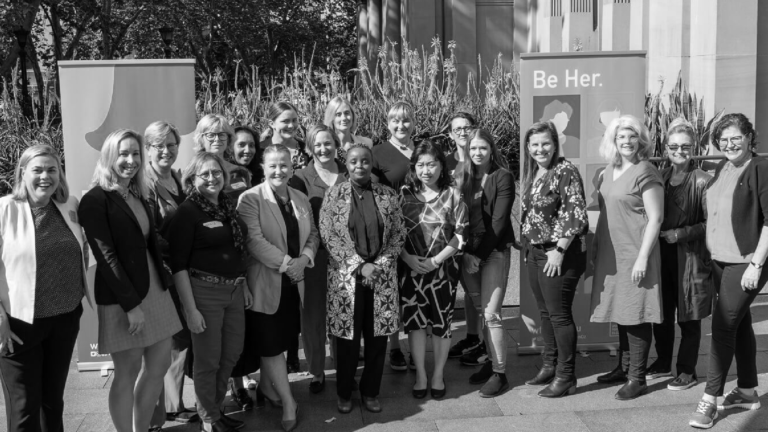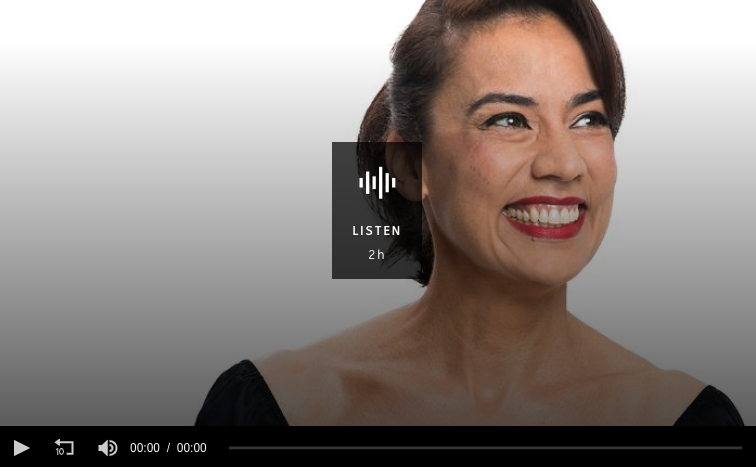Article: Breaking the gender norm, Probono Australia
Article by Catherine Fox, Pro Bono Australia
Catherine Fox explains how a new report reveals the economic benefit from closing the gender equality gap.
Just a week after the Federal budget’s sobering outlook, new data has estimated $128 billion could be added to the nation’s GDP annually by dismantling rigid gender norms and their legacy.
For the first time, economic analysis of the benefits from closing the gender gap in Australia has also recognised the philanthropic sector’s key role in addressing a major cause of inequity in Australia.
From the first years of life, gender norms restrict and prescribe important decisions with massive repercussions on education, caring, financial security and employment, according to the report Breaking the Norm: Unleashing Australia’s Economic Potential, by Deloitte Access Economics in partnership with Australians Investing in Women.
The focus of the analysis is on the cause and prevention of gender inequity with estimates of the impact from progress including the addition of 461,000 full time employees to the workforce.
Less rigid gender norms could see more women participating in the economy, working more paid hours while men take on more unpaid work and better matching of workers with roles that suit their skills and qualifications.
Aside from workforce and labour shifts, addressing the problem would see a more inclusive society with higher levels of well-being the report notes.
“Given the amount of national structural change with a focus on gender policy, this is clear evidence of a major upside from identifying and challenging gender norms right now and the longer term impact on closing the gender gap,” says Sam Mostyn, chair of AIIW and the Women’s Economic Equality Taskforce.
The report reveals the areas where progress has either stopped or stalled: unpaid domestic work, part-time employment, occupation and industry distribution, investment and intimate partner violence.
Intentional gender lens investment by private, corporate and institutional givers and grant makers means women and girls are less likely to be overlooked or miss out on opportunities to fully participate in society and make the most of their skills and education, says Mostyn.
A number of examples outlined in the report show that philanthropic investment in efforts to dismantle restrictive gender norms, such as the Women for Election program, can have a significant impact.
“Philanthropy can build on the case studies highlighted by providing the funding for advocacy and education on how inequality causes major social and economic problems, as well as applying an active gender lens to all funding decisions and programs,” Mostyn says.
The steps outlined in the report to help tackle gender norms are a perfect example of impact investing, applying a gender lens to philanthropic, impact and broader capital investment, with outcomes that would add billions to the economy according to AIIW CEO Julie Reilly.
These include less gender coding of toys, challenging stereotypes about boys being better at maths and girls more nurturing, through to further efforts encouraging men to take parenting leave and a greater share of caring roles.
Research by AIIW found just 12 per cent of philanthropic funding targets the needs of women and girls and there is a massive opportunity for the sector to provide the capital needed to drive social change, Reilly says. “Working with SVA and Evolved Group we’ve developed a survey, ‘The State of Gender-wise Giving’ to track this figure and we’ll be encouraging funders to use this to help their focus on gender and to improve gender data in the sector.’
The report also makes it clear there is an urgent need to challenge gender norms as Australia is currently falling behind on a number of key measures of inequity.
The gender pay gap has recently widened and is around 14.1 per cent, women do 1.8 more hours a day on domestic work, and just 6 per cent of ASX300 CEOs are women. Attitudes are also failing to shift, particularly amongst younger men.
There is also a significant mismatch of skilled and educated people to jobs in Australia which leads to waste of talent at a time of major labour shortages.
Addressing the norms is critical. Younger generations are internalising traditional gender norms. The report cites research by the Global Institute for Women’s Leadership which found Australian men are more traditional in their gender attitudes than the global average with 30 per cent of them saying gender inequality doesn’t really exist.
The report tracks how to address gender norms with Australian’s Investing In Women leading with support for private, corporate and institutional philanthropy.
“Addressing gender norms is at the heart of the Gender-wise approach outlined in Australian’s Investing In Women’s advocacy and education and we encourage everyone in the social sector eco-system to utilise our resources and make this an intentional part their practice. This report makes it abundantly clear – we can’t afford not to.” says Reilly.
Article originally published on probonoaustralia.com.au







